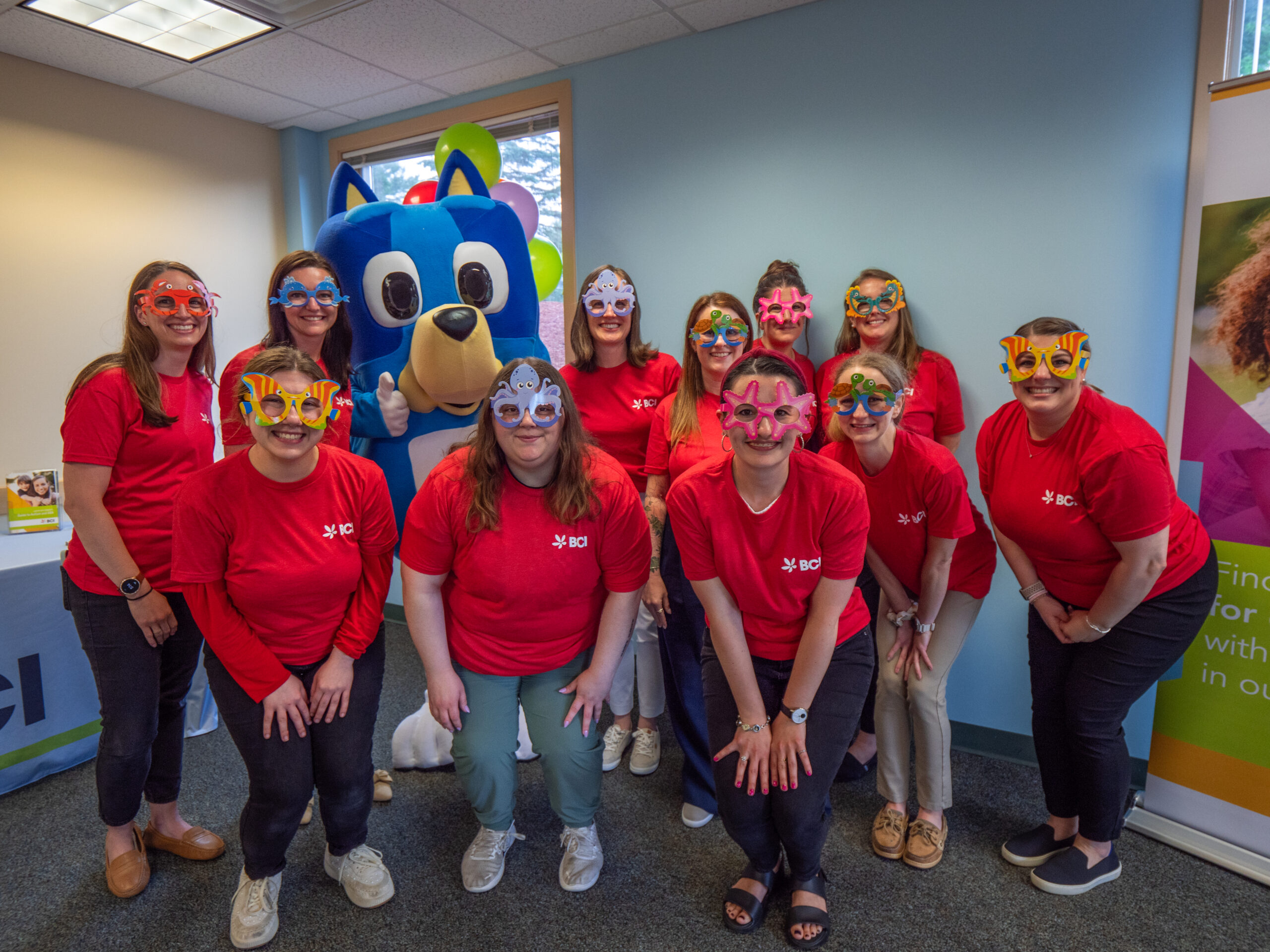RBT vs BCBA: What’s the Difference Between a Registered Behavior Technician (RBT) and Board Certified Behavior Analyst (BCBA)?
FEATURED POSTS
December 30, 2025
November 25, 2025
When it comes to careers in the field of autism therapies, understanding the distinct roles of the professionals involved is crucial.
Two key positions in this field are registered behavior technicians (RBTs) and board certified behavior analysts (BCBAs). While both play essential roles in delivering effective therapy, they differ significantly in their responsibilities and qualifications. Learn about RBT vs BCBA salaries, roles, and more below.
Understanding the Role of a Registered Behavior Technician (RBT)
The role of an RBT is an entry-level position in the field of autism therapy. RBTs provide direct therapy to people with autism under the supervision of a BCBA.
To become an RBT, you must complete a 40-hour RBT certification, meaning a training program covering essential topics such as behavior management, data collection, and ethics. You must also pass a competency assessment and undergo a background check. At LEARN, we provide thorough behavior technician training and ongoing support for all BTs and RBTs.
RBTs work with behavior intervention plans, collect data on client progress, and keep clients safe during therapy sessions. They play a vital role in teaching and reinforcing new skills, promoting independence, and reducing behaviors that interfere with growth and learning. RBTs work closely with BCBAs, following their guidance and reporting progress and challenges observed during therapy sessions.
Exploring the Role of a Board Certified Behavior Analyst (BCBA)
A BCBA is a highly trained professional who specializes in assessing, designing, and using behavior intervention programs for people on the autism spectrum.
To become a BCBA, you must hold a master’s degree in behavior analysis or a related field such as psychology or education. Additionally, you must complete a defined number of supervised fieldwork hours and pass the BCBA certification exam administered by the Behavior Analyst Certification Board (BACB)®.
BCBAs are responsible for conducting assessments to identify the needs and goals of people on the autism spectrum. Based on these assessments, they develop behavior intervention plans tailored to each person’s unique needs.
BCBAs also provide training and support to other professionals, caregivers, and educators involved in the person’s treatment. BCBAs offer ongoing supervision and oversight to RBTs and other behavior therapy staff, and they make necessary adjustments to optimize outcomes.
BCBAs collaborate with other professionals, such as speech language pathologists, occupational therapists, school staff, and case managers to provide comprehensive care for people with autism.
Comparative Analysis: BCBA vs RBT
Here are the key differences in terms of educational qualifications, scope of practice, and career opportunities for a BCBA vs RBT:
- Educational Qualifications: RBTs need at least a high school diploma or equivalent and must complete a 40-hour training program approved by the BACB. In contrast, BCBAs are required to hold a master’s degree in behavior analysis or a related field, complete supervised experience, and pass a rigorous certification exam.
- Scope of Practice: RBTs work under the supervision of a BCBA, focusing on implementing behavior intervention plans and collecting data. BCBAs have a broader scope of practice, including conducting assessments, developing treatment plans, and overseeing the implementation of interventions. BCBAs have more autonomy and are authorized to make clinical decisions.
- Career Opportunities: RBTs typically provide direct therapy in various settings, such as schools and homes. BCBAs have more diverse career paths, including roles as consultants, supervisors, or private practitioners. RBT vs BCBA salary levels can vary across the country. Because of their advanced education and responsibilities, BCBAs generally earn higher salaries.
Both RBTs and BCBAs play important roles in autism therapy, complementing each other to provide comprehensive support and intervention for individuals with autism. Understanding these RBT vs BCBA roles can help you make informed decisions about your career path in this rewarding field. To learn more about behavior technician jobs and ABA career opportunities available at LEARN, visit our careers page.

















